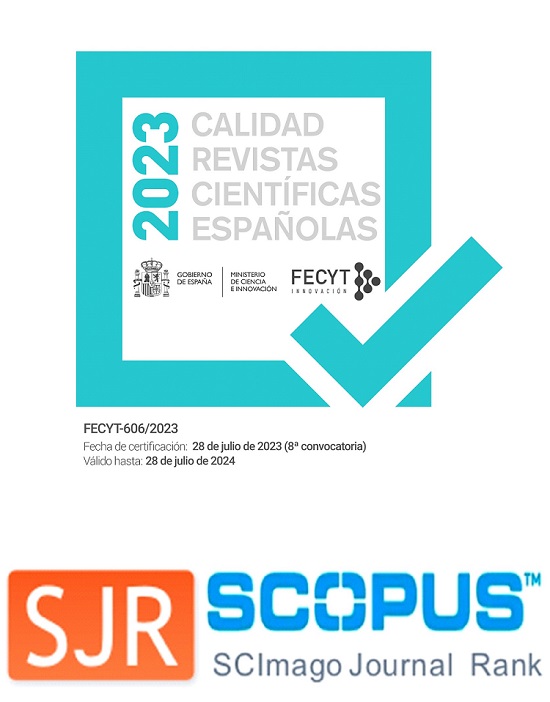The fundamental laws and the construction of the franquist cosmetic constitutionalism
Keywords:
Spain, Franco's dictatorship, Constitution, Fundamental LawsAbstract
The “New State” created by Franco had a foundational character and created a legal and institutional scheme distant from the democratic practices. Nevertheless, the regime never succeed in establishing a Constitution in a strict sense, but, with the passage of time, approved a series of Fundamental Laws which regulated the public powers and the rights and duties of the Spanish people. The fact that Francoism lacked an own ideology and that had to rely on a diverse conglomerate of political “families”, which struggled to impose their projects under the undisputed leadership of the Caudillo, caused that each one of these Laws had a singular nature. The analysis of the Fundamental Laws is, consequently, essential to understand the evolution of the Spanish State during the central decades of the 20th century. Starting from a multidisciplinary approach that combines the exegesis of legal texts, the study of official sources (bulletins and parliamentary journals of sessions) and the revision of doctrinal contributions, the aim of this paper is to examine the legal nature of these documents, the circumstances in which they were approved and their real impact within the political system
Downloads
Downloads
Published
How to Cite
Issue
Section
License
Creative Commons Reconocimiento-NoComercial-SinObraDerivada 4.0 España (CC BY-NC-ND 4.0 ES)



